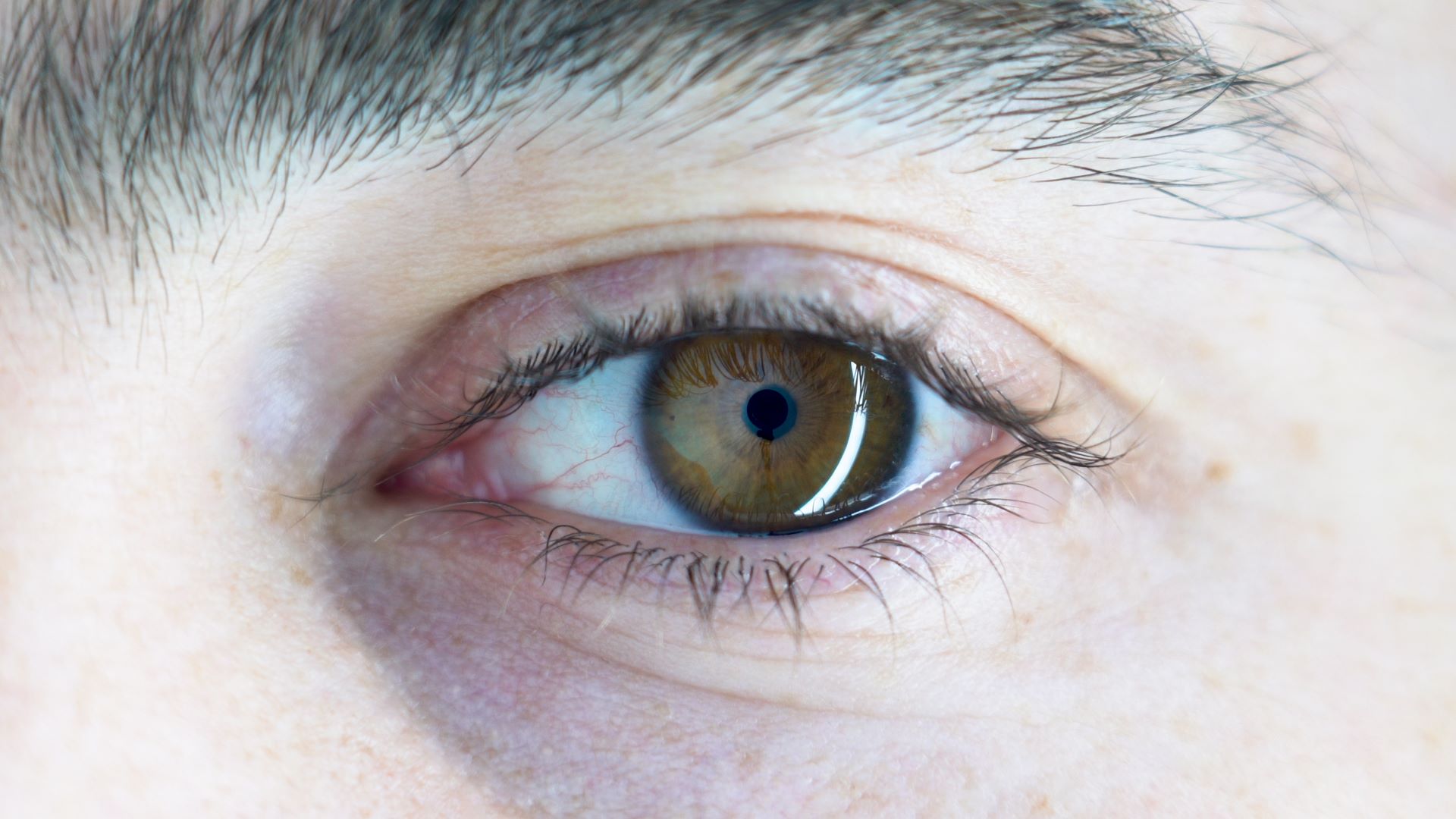Cataract eye treatment is a medical procedure designed to address cataracts, which are the clouding of the eye's natural lens. This clouding can cause vision impairment and, if left untreated, can lead to blindness. Cataracts are typically associated with aging but can also result from other factors such as injury, medication use, or medical conditions.
Here is a description of cataract eye treatment:
Diagnosis :
- The first step in treating cataracts is a comprehensive eye examination by an ophthalmologist or optometrist. They will perform various tests, including a visual acuity test, a dilated eye exam, and measurement of intraocular pressure to determine the presence and severity of cataracts.
Monitoring :
- In some cases, mild cataracts may not require immediate treatment, and regular monitoring of your eye health may be recommended. However, as cataracts progress and start to interfere with daily activities, treatment becomes necessary.
Lifestyle adjustments :
- Initially, the doctor may suggest lifestyle modifications to manage cataract symptoms. These may include using brighter lighting, wearing anti-glare sunglasses, and updating eyeglass prescriptions.
Surgical treatment :
- The most common and effective treatment for cataracts is surgery. Cataract surgery involves the removal of the clouded natural lens and its replacement with an artificial intraocular lens (IOL).
Anesthesia :
- Cataract surgery is usually performed under local anesthesia to numb the eye and minimize discomfort. You may also receive a sedative to help you relax during the procedure.
Recovery :
- Cataract surgery is typically an outpatient procedure, and most patients can return home on the same day. Recovery is generally quick, with vision improvement within a few days. You need to use prescribed eye drops and follow post-operative instructions to minimize the risk of infection and complications.
Visual outcome :
- Cataract surgery is highly successful in restoring clear vision. Most patients experience a significant improvement in their vision and a reduction in glare and halos around lights.
Follow-up care :
- After cataract surgery, you will have follow-up appointments with your eye doctor to monitor your progress and address any concerns.
Cataract surgery is a safe and effective procedure that has helped millions of people regain their vision and improve their quality of life. If you suspect you have cataracts or have been diagnosed with them, consult with an eye care professional to discuss the best treatment options for your specific condition.
